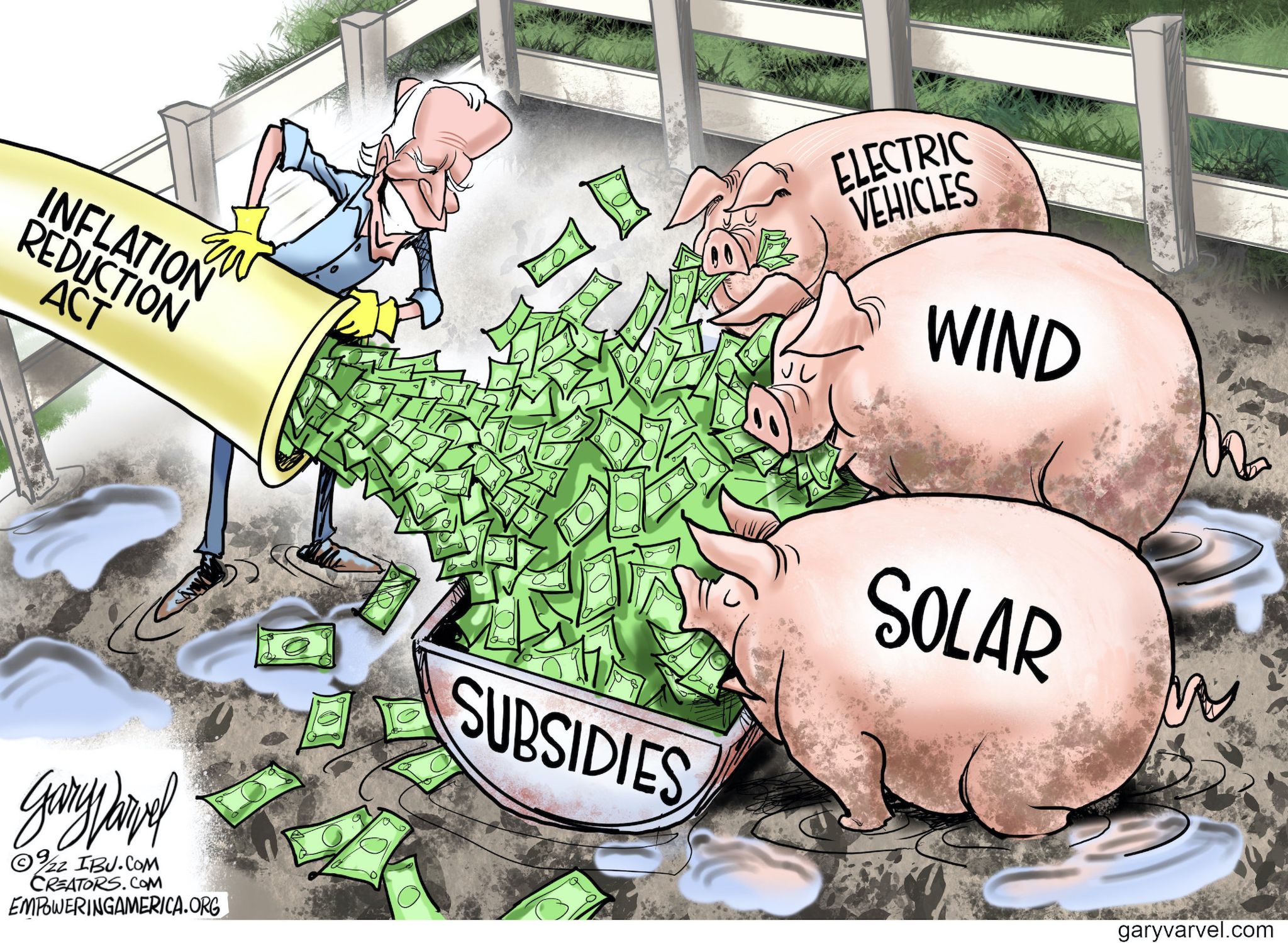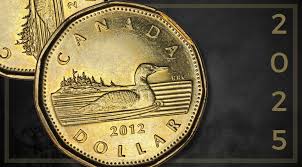The world is changing faster than most people can keep up with and economic nationalism is at the center of a storm few want to face The idea sounds simple and appealing Put your country first protect your jobs and prioritize local industries But the reality is far messier and far more dangerous than patriotic slogans suggest
Economic nationalism promises security but often delivers instability By prioritizing domestic over global it can disrupt trade slow innovation and spark retaliation from other nations When countries impose tariffs or restrict imports they may protect some jobs in the short term but they also risk higher consumer prices reduced competition and slower economic growth over time
One of the biggest hidden problems is that economic nationalism often ignores the interconnectedness of modern economies Countries no longer operate in isolation supply chains span continents and businesses rely on global markets Even small disruptions can ripple outward creating shortages inflation and lost opportunities for innovation
Another challenge is political Exploiting economic nationalism can lead to short-term popularity but long-term economic pain Politicians may champion local industries while neglecting infrastructure education and technology investment The result is often stagnant wages limited economic mobility and growing social tension
Ultimately the question is whether the security of national control outweighs the benefits of global cooperation Economic nationalism sounds patriotic and strong but the hidden costs may slowly erode the prosperity it promises










This article effectively highlights the complex trade-offs of economic nationalism. It makes me think about how policies marketed as protective can actually harm global stability and innovation, despite their appeal.SunPerp Dex
economic nationalism is possible with international trade…